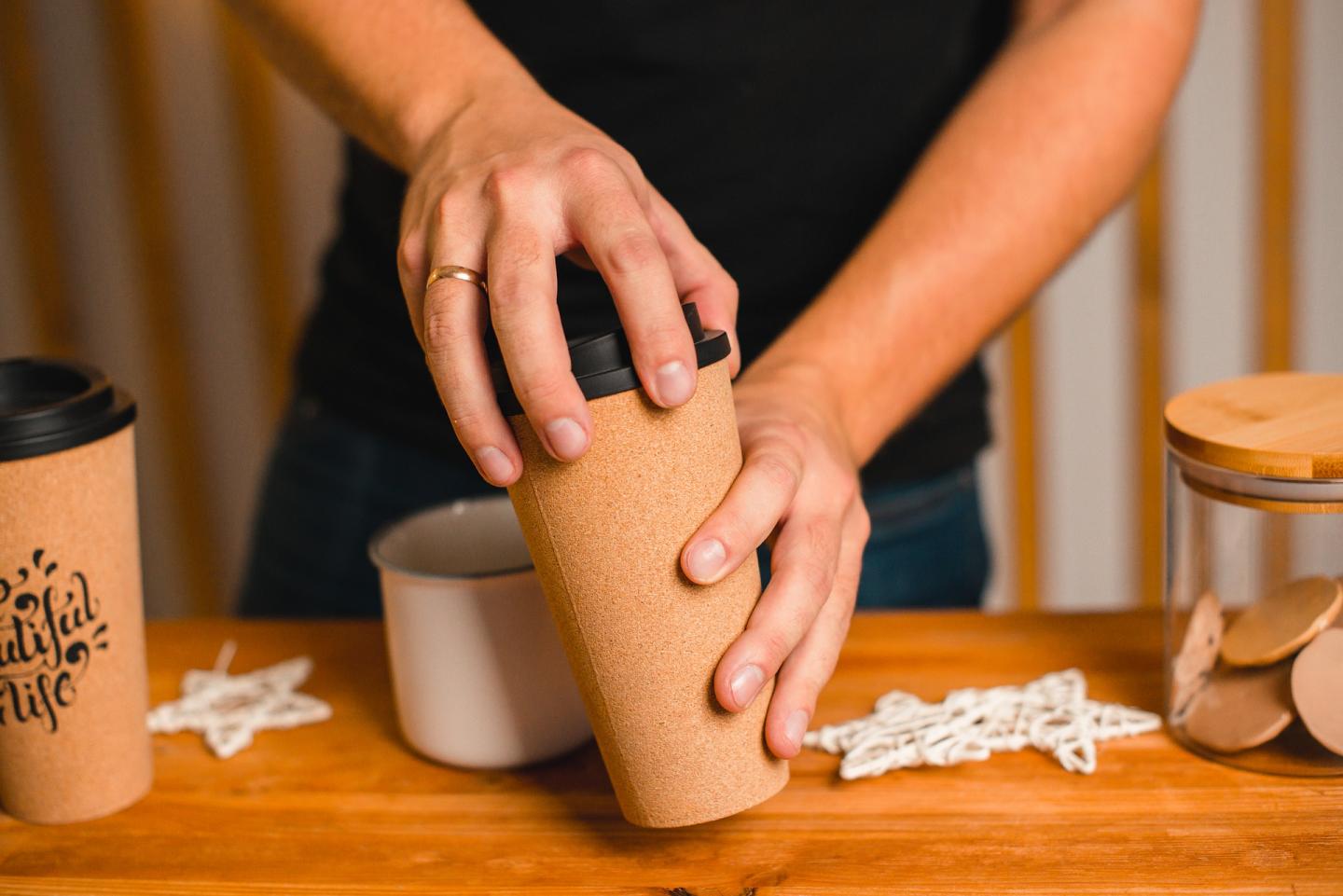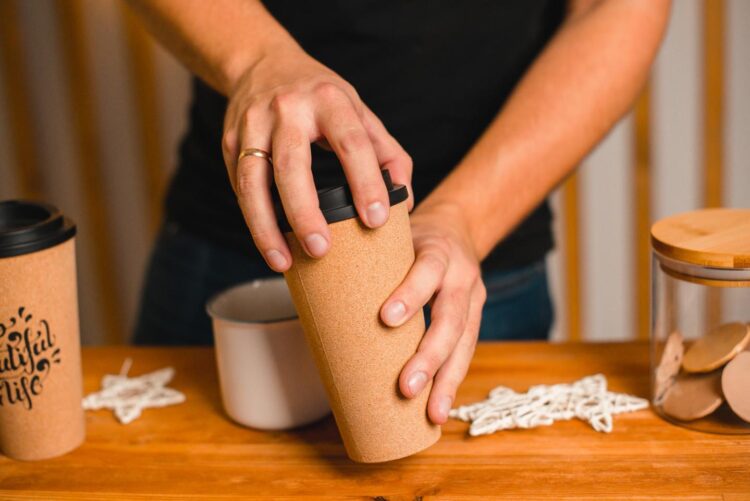
Credit: Pixabay
Takeaway coffees – they’re a convenient start for millions of people each day, but while the caffeine perks us up, the disposable cups drag us down, with nearly 300 billion ending up in landfill each year.
While most coffee drinkers are happy to make a switch to sustainable practices, new research from the University of South Australia shows that an absence of infrastructure and a general ‘throwaway’ culture is severely delaying sustainable change.
It’s a timely finding, particularly given the new bans on single-use plastics coming into effect in South Australia today, and the likelihood of takeaway coffee cups taking the hit by 2022.
Lead researcher, UniSA’s Dr Sukhbir Sandhu, says the current level of coffee cup waste is unsustainable and requires a commitment from individuals, retailers, and government agencies alike to initiate change.
“There’s no doubt we live in a disposable society – so much of our lives is about convenient, on-the-run transactions. But such a speedy pace encourages the ‘takeaway and throwaway’ culture that we so desperately need to change,” Dr Sandhu says.
“Educating and informing people about the issues of single-use coffee cups is effective – people generally want to do the right thing – but knowing what’s right and acting upon it are two different things, and at the moment, there are several barriers that are impeding potential progress.
“For example, if your favourite coffee shop doesn’t offer recyclable or compostable cups, it’s unlikely to stop you from getting a coffee; we need that coffee hit and we need it now. So, strike one.
“Then, with the popularity of arty, patterned paper cups on the rise, you may think you’re buying a recyclable option. But no – most takeaway coffee cups are in fact lined with a waterproof plastic, which is not only non-recyclable, but also a contaminant. Strike two.
“Finally, if you happen upon a coffee shop that does offer recyclable coffee cups, once you’re finished, where do you put it? A lack of appropriate waste disposal infrastructure means that even compostable cups are ending up in landfill. Strike three.
“As it happens, compostable cups need to go into a green organics bin, but these bins might not be easily accessible in public settings like the standard shopping precincts.”
While the South Australian government is moving in the right direction with its Replace the Waste campaign, changing our ‘grab and go’ culture is challenging.
“It’s important to drive home clear, strong messages about single-use plastics and their impact on the environment,” Dr Sandhu says.
“The more we can drive people to choose reusable cups, the more uptake we’ll see. People like to mimic what their colleagues, friends and peers do, especially when it is the right thing.”
###
Media contact:
Annabel Mansfield
T: +61 8 8302 0351
M: +61 417 717 504
E: [email protected]
Researcher:
Dr Sukhbir Sandhu
T: +61 8 8302 0735
E: [email protected]
Media Contact
Annabel Mansfield
[email protected]
Original Source
https:/
Related Journal Article
http://dx.





